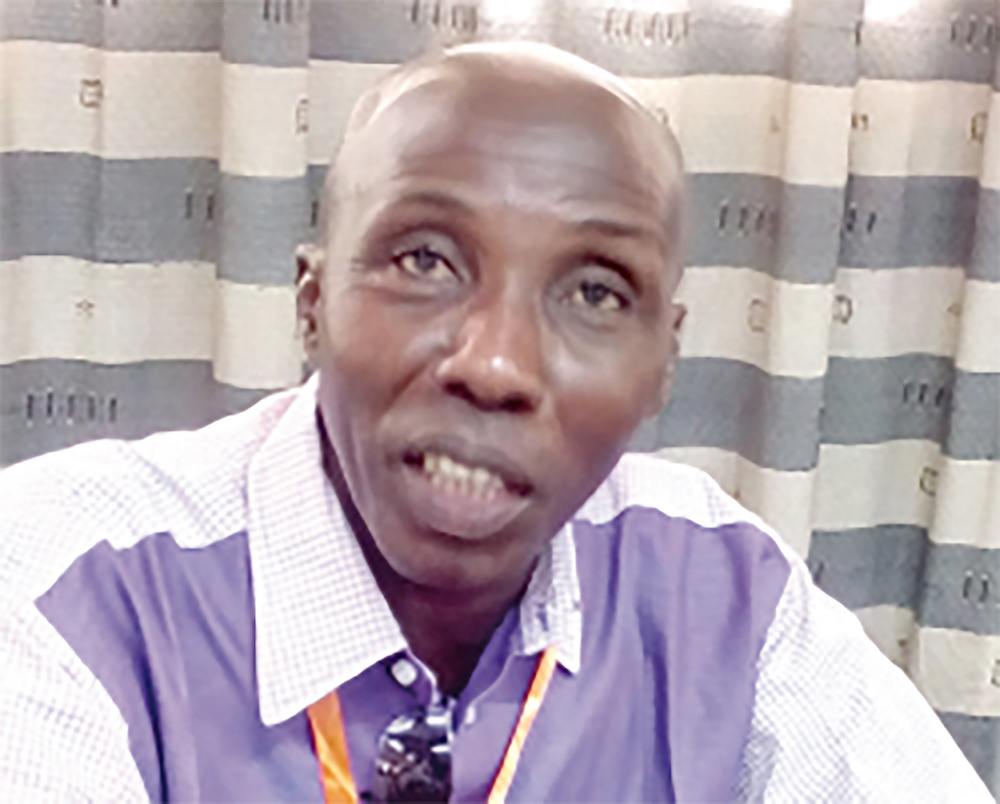
« The puppet is also an art of the stage, which deserves a very important place »
The puppets had taken an active part in the festivities of the 9th edition of the African Performing Arts Market. What explains the presence of professionals of this art to the MASA?
First Unima is the International Union of Puppet Arts. It is an organization that has several centers on the African and European continent. We were at the MASA 2016 to mark the presence of the puppet on the stages of this important market. We want to show that puppetry is also an art of the stage, which deserves a very important place in this international market. So it is the battle we are fighting at the level of the Africa commission, so that the puppet is represented in all the meetings, events and other cultural events of Africa and elsewhere.
What was the aim of the conference you are organizing at the MASA headquarters (Editor’s note: Sunday, March 6)?
The specificity of this meeting was that it was the first of its kind in Unima Africa. This was the first time that presidents from a number of African countries, with Unima centers, met to exchange views. And that was an opportunity for our country, Côte d’Ivoire. And this will enable us in the long term to forge a partnership with an organization such as the MASA, in order to give a really important place of the art of the puppet in this type of event.
What are the stakes of these exchanges on the art of puppetry?
First, in view of the themes we have developed, it is a question of revitalizing the life of Unima Africa. As I said, this is the first meeting that will make it possible to strengthen the links between the presidents, to see how to create now a regular platform of exchanges on the art of the puppet, in order to revitalize the Cooperation between puppeteers in Africa at first. And then we had to address some aspects such as puppet conservation, because there are certain puppet techniques that tend to disappear today. So it’s a question of how we think about what we need to do to preserve that heritage. Because we have to recognize that in Africa, there are some countries that have a puppet culture, such as Mali. This is not the case in Côte d’Ivoire, but in many African countries, puppets already existed. So there is a real puppet in Africa. How to preserve this, how to transmit the techniques of puppetry to future generations? I think that was one of our concerns at this conference.
Interview by ABOU Adams
